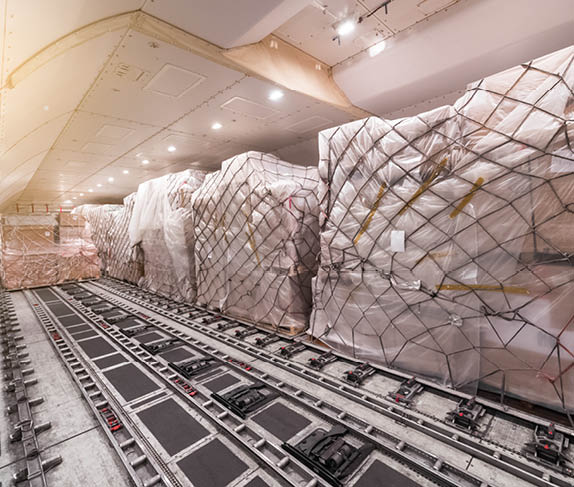Highest revenue ever for ATR in 2012
24th January 2013

The International Air Transport Association (IATA) has warned that air cargo continues to suffer from weak global trade and the intensifying trade dispute between the US and China.
Global trade volumes are 1.4% lower than a year ago and trade volumes between the US and China have fallen by 14% year-to-date compared to the same period in 2018.
Alexandre de Juniac, IATA's director general and CEO, commented: “Trade tensions are weighing heavily on the entire air cargo industry. Higher tariffs are disrupting not only transpacific supply chains but also worldwide trade lanes. While current tensions might yield short-term political gains, they could lead to long-term negative changes for consumers and the global economy. Trade generates prosperity. It is critical that the US and China work quickly to resolve their differences."
Airlines in Asia-Pacific saw demand for air freight contract decline by 4.9% in July 2019, compared to the same period in 2018. The US-China trade war and weaker manufacturing conditions for exporters in the region have significantly impacted the market.
Middle Eastern airlines’ freight volumes decreased 5.5% in July 2019 compared to the year-ago period. This was the sharpest drop in freight demand of any region. Capacity increased by 0.2%. Escalating trade tensions, the slowing in global trade and airline restructuring have impacted the recent performance.
In North America, airlines saw demand decrease by 2.1% in July 2019, compared to the same period a year earlier. Capacity increased by 1.6% over the past year. Despite a sound economic backdrop supporting consumer spending, the US-China trade tensions continue to weigh on the region’s carriers. Freight demand between Asia and North America have fallen by almost 5% in year-on-year terms.
European airlines posted a 2% decrease in freight demand in July 2019 compared to the same period a year earlier. Weaker manufacturing conditions for exporters in Germany, heightened recession fears, and ongoing uncertainty over Brexit, have impacted the recent performance. Capacity increased by 4.2% year-on-year.
Elsewhere, Latin American airlines experienced an increase in freight demand growth in July 2019 of 3% compared to the same period last year and capacity increased by 2.7%. The recovery of the Brazilian economy, to avoid a recession, was a positive development; however, concerns regarding the outlook for some key Latin American countries including Argentina remain.
Finally, African carriers posted the fastest growth of any region in July 2019, with an increase in demand of 10.9% compared to the same period a year earlier. This continues the upwards trend in FTKs that has been evident since mid-2018 and makes Africa the strongest performer for the sixth consecutive month.
Capacity grew 17% year-on-year. Strong trade and investment linkages with Asia have underpinned a double-digit increase in air freight volumes between the two regions over the past year.